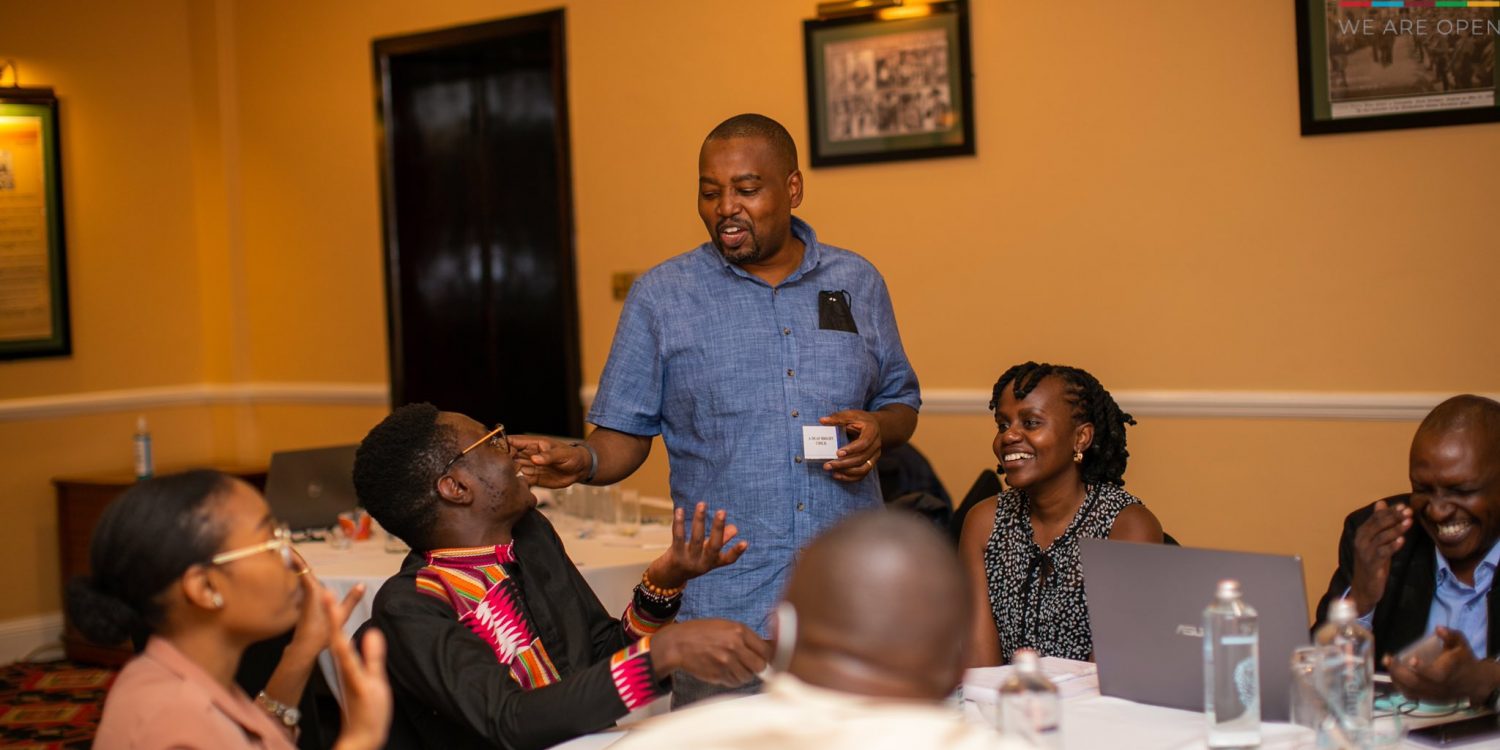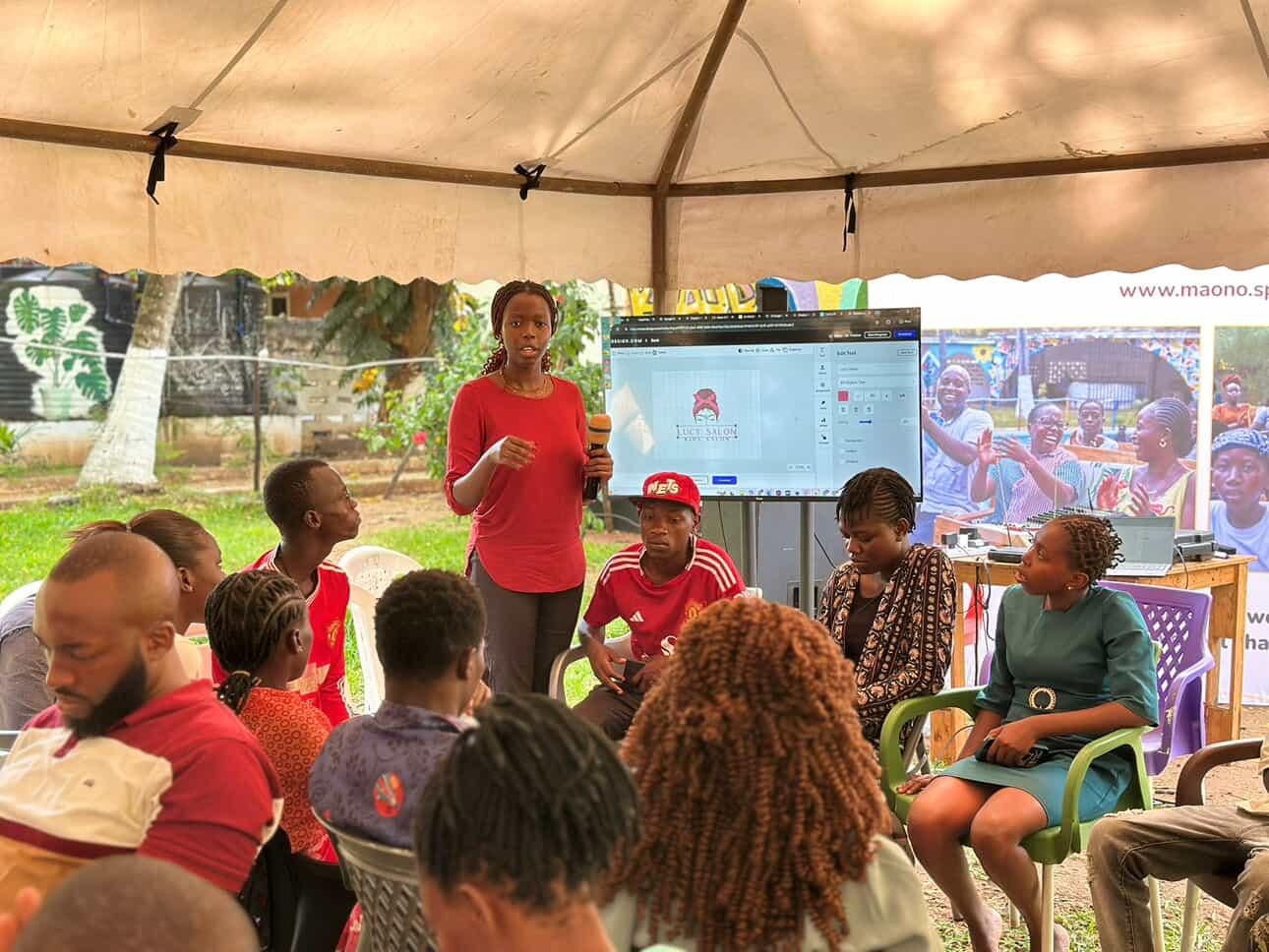A group of 7 people are asked to sit together. Each of us gets a little card with a description on it. Reminiscent a little bit of charades, we each take on a character, mine “A Fertile Prostitute”. The scenario: imagine that the world as we know it is ending, and we have a chance to save ourselves. Our little group is made up of a mix of characters: A Young man Who Hates the World, A Mason who is also a Robber, An Illiterate Mother, A Drunken Doctor, A Teacher who is also a Molester, A Deaf Bright Child. We are all on our way to a new world, but there is a catch: we have only one life raft which can only carry 3 of us. For those left behind, it may be the last time that we ever see them alive. The task is simple: each of us has to advocate for why we need to be on that life raft at the expense of the others.

It made for a heated debate as we each fought for a place in the new world. Why would we need a drunken doctor on board at the expense of an illiterate mother? But why would the mother need to go? Will we really need to go forth with the fertile prostitute? Yes, because she can play a big role in procreating (yes, it went there). What about the mason who is also a robber? What if he steals everything we have on our way there? But the mason could help us build a house when we got there, couldn’t he?
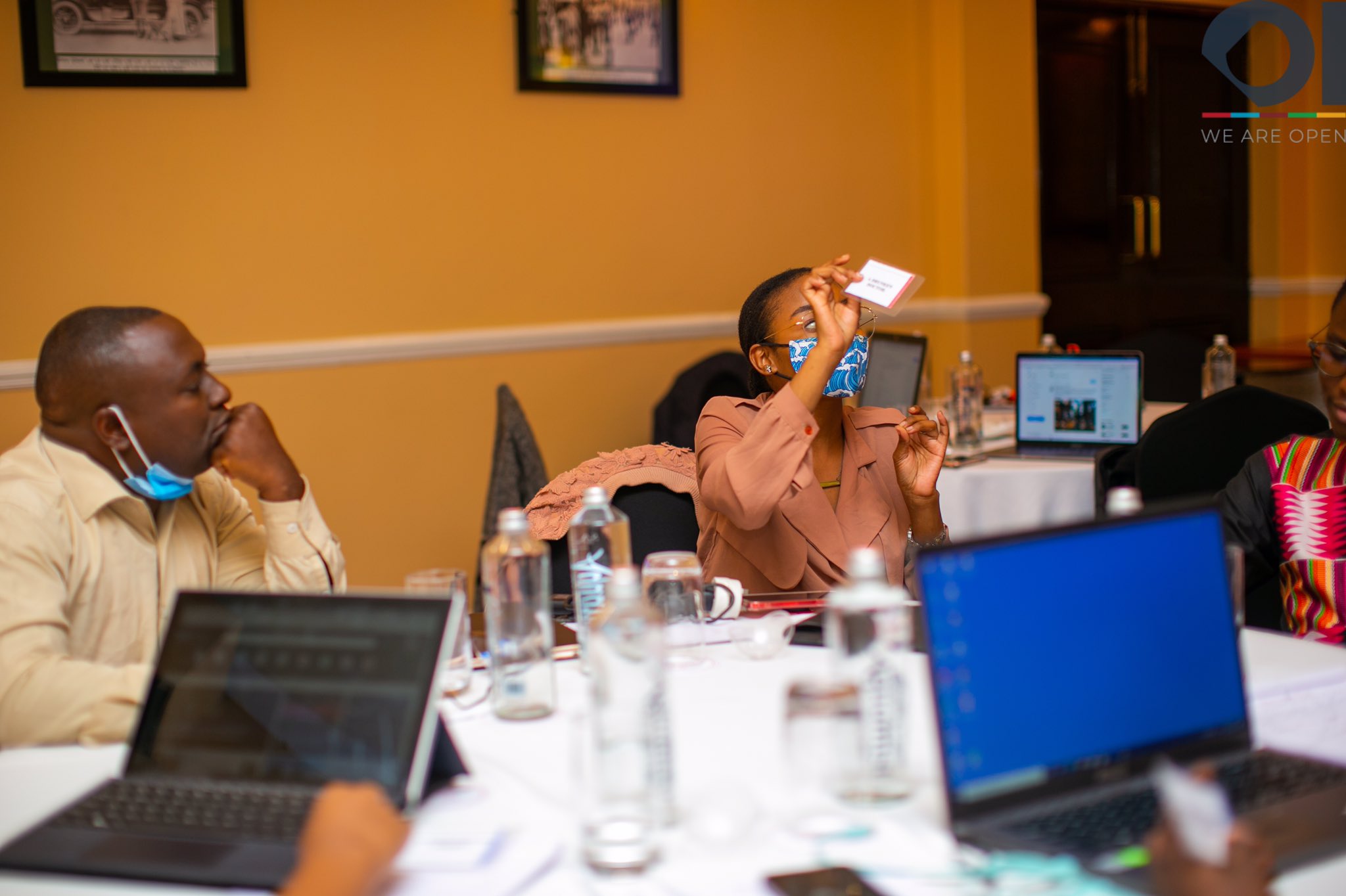
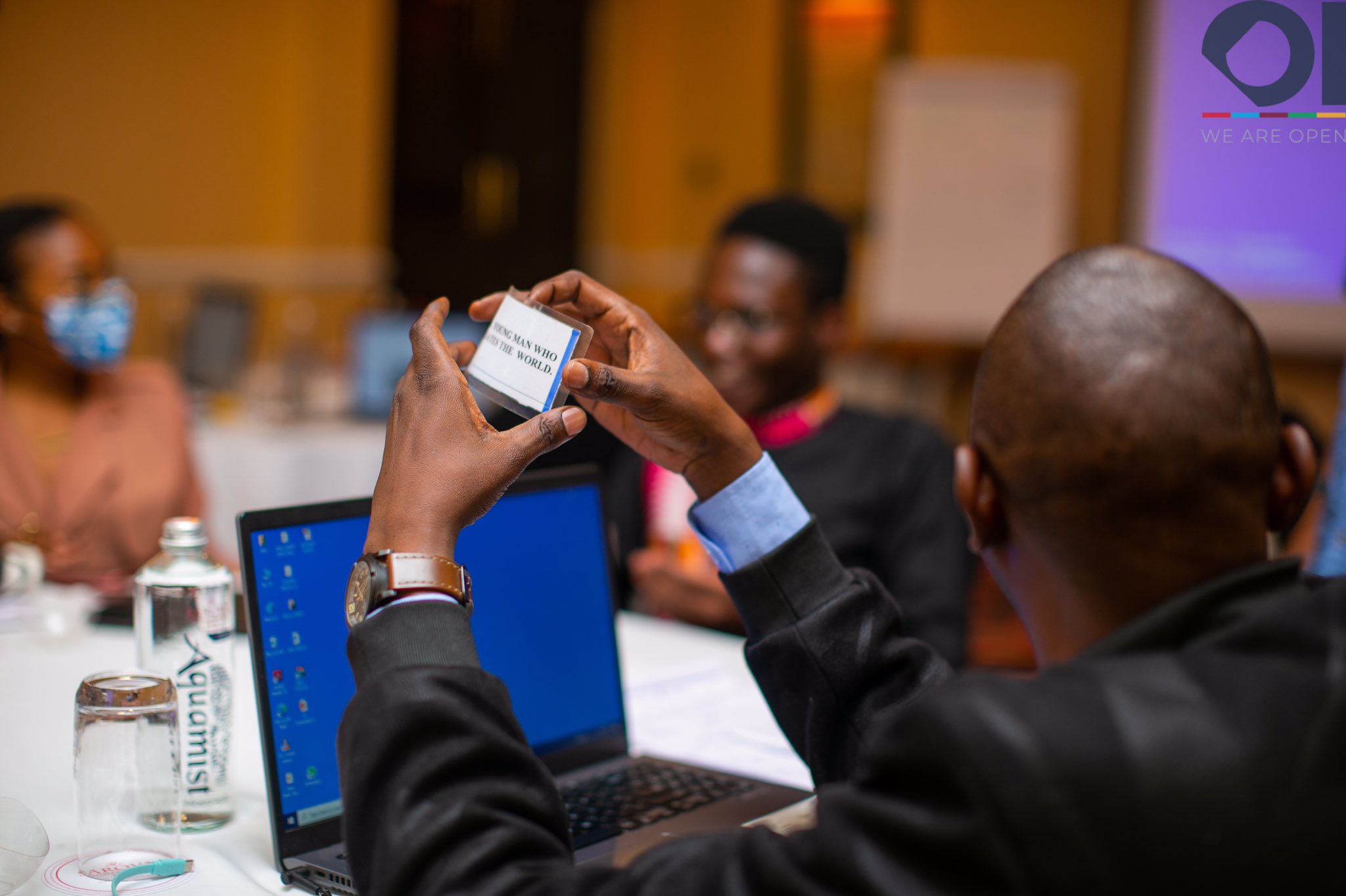
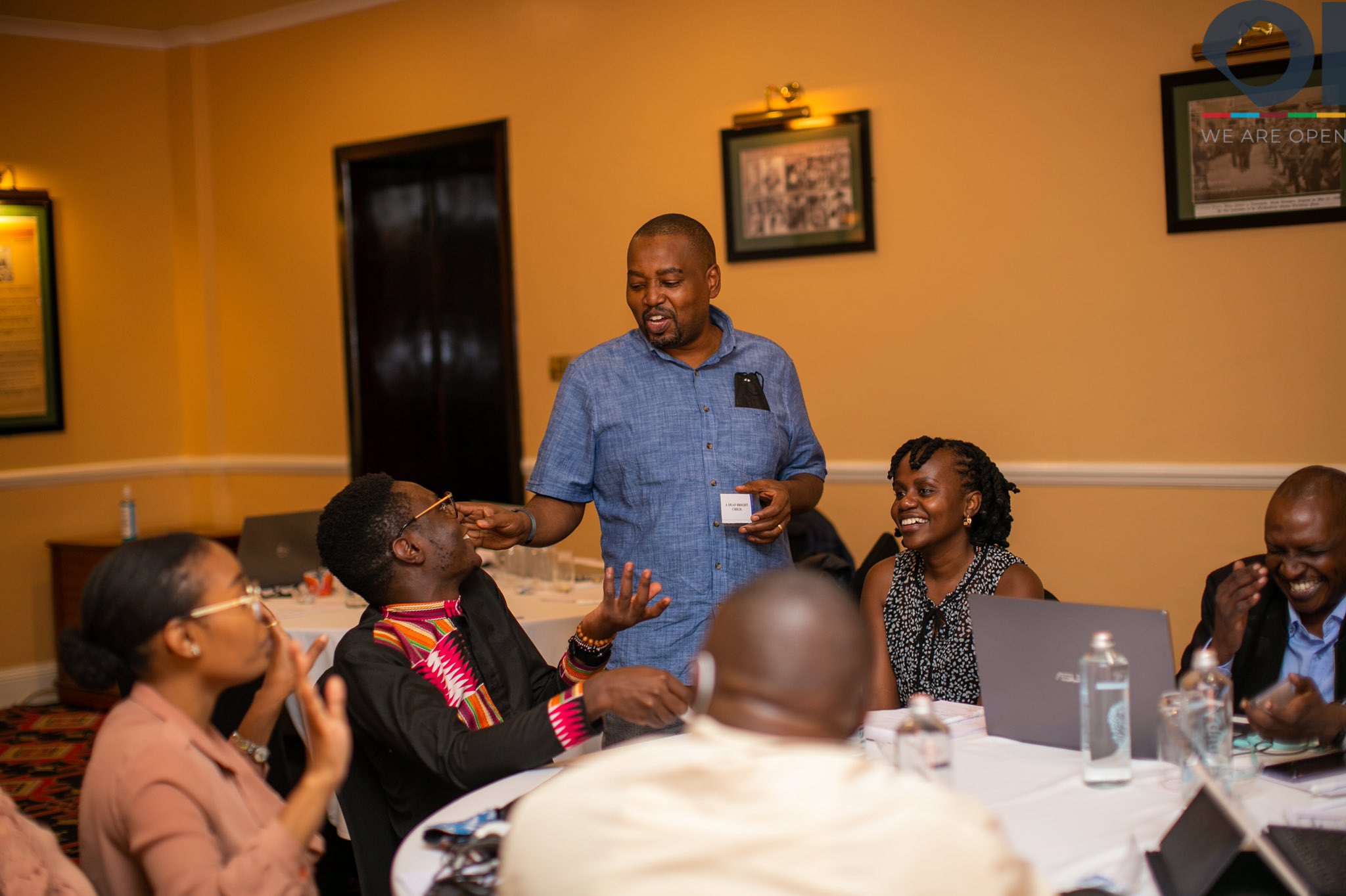
What about the young man who hates the world? He could help us row the raft, but what else is there for him to do? He could be the father of the new generation, together with the fertile prostitute. No, let’s leave all these rotten people behind and go forth with the illiterate mother and the deaf young child only!
Suffice it to say this exercise exposed a lot of our unconscious biases. It was interesting to note that we all assumed that the Teacher who is also a Molester was a man. What if it was a woman? Would we be having a different conversation?
Isn’t this what happens to us on a day to day basis? When we interact with others, are we ever aware of the biases that govern these engagements?
County governments frequently have to engage with their citizens. Citizen feedback is the means by which the government engages with citizens to collect feedback. Similarly, citizen engagement is an interactive two way process that encourages participation, exchange of ideas and flow of conversation. It reflects the government’s willingness to share information and partner with citizens in development programs and decision making. For effective citizen engagement to take place, participation should start from the onset while setting the agenda of the interaction, and ensure that feedback collected is taken into account during decision-making. By the same token an effective citizen feedback framework considers trust, participation, language, context and bias as components that work together to ensure that the maximum level of engagement is achieved.
- Trust: Citizens must be able to trust you, your intentions towards gathering feedback, your feedback channels and that the feedback they give will be considered.
- Language: Ask questions in a language that is easily understood by your respondents. In addition, allow the citizens to express their feedback in their preferred language as best as you can.
- Context: In-depth analysis provides a deeper understanding of the feedback shared in the context of local communities and issues
- Bias: When collecting feedback, it’s paramount to clear any biases that may be reflected in the questions posed.
- Participation: Using participatory data collection as a tool for behavior as it provides a space to listen to people’s voices, in their own terms and language and using this as evidence to inform decision-making and policies
Because we believe that citizens must have a seat at the table during governance decisions, citizen feedback mechanisms are key for county governments to employ. We envision these frameworks being developed as part of the governance culture in county governments, ensuring openness, inclusivity and equity through engagement of all groups, so as to broaden the development dialogue to include the views and perspectives of the traditionally marginalized. These frameworks can be a powerful avenue for the improvement of the quality and delivery of public service.
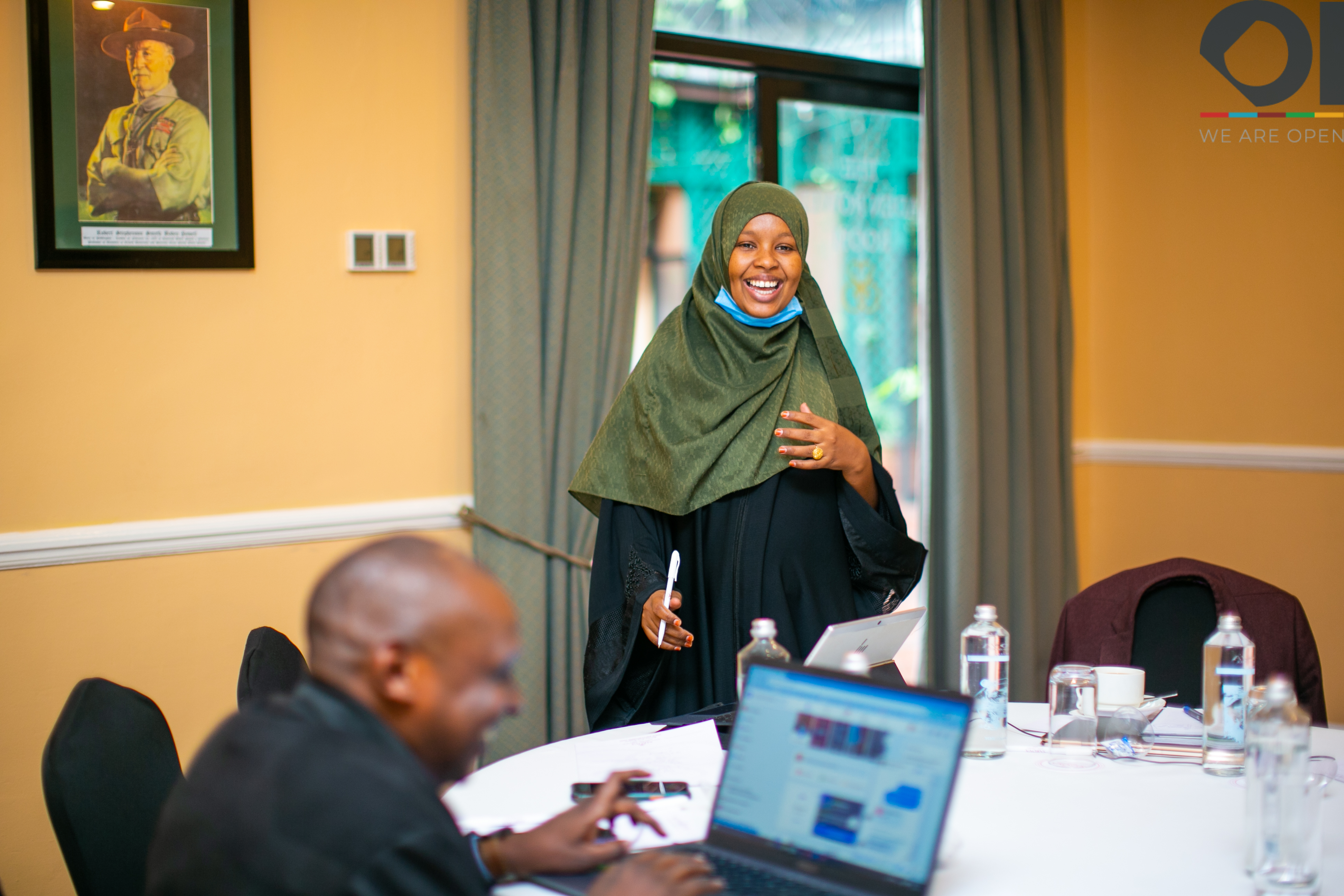
The ongoing Data Leaders Fellowship comes to a close this week, and it is during the engagements with the data leaders that we engaged in various in-depth discussions and activities geared towards tapping into their experience and knowledge and building their capacity in data management for improved decision making and resource allocation in their counties.
So, back to my character in the game: I definitely think that the Fertile Prostitute needed to be on the raft, because she has the capacity to bring forth new life wherever she goes, her past notwithsrtanding. I’m hesitant to pick my two other companions on the raft – I might reveal my bias. Who would you have picked, and do you get to see where you may be having any unconscious bias, and how this shows up in your engagements with others? Even better, try this exercise with a group of some people, you might learn something new about yourself.
Read more about the Data Leaders Fellowship:

